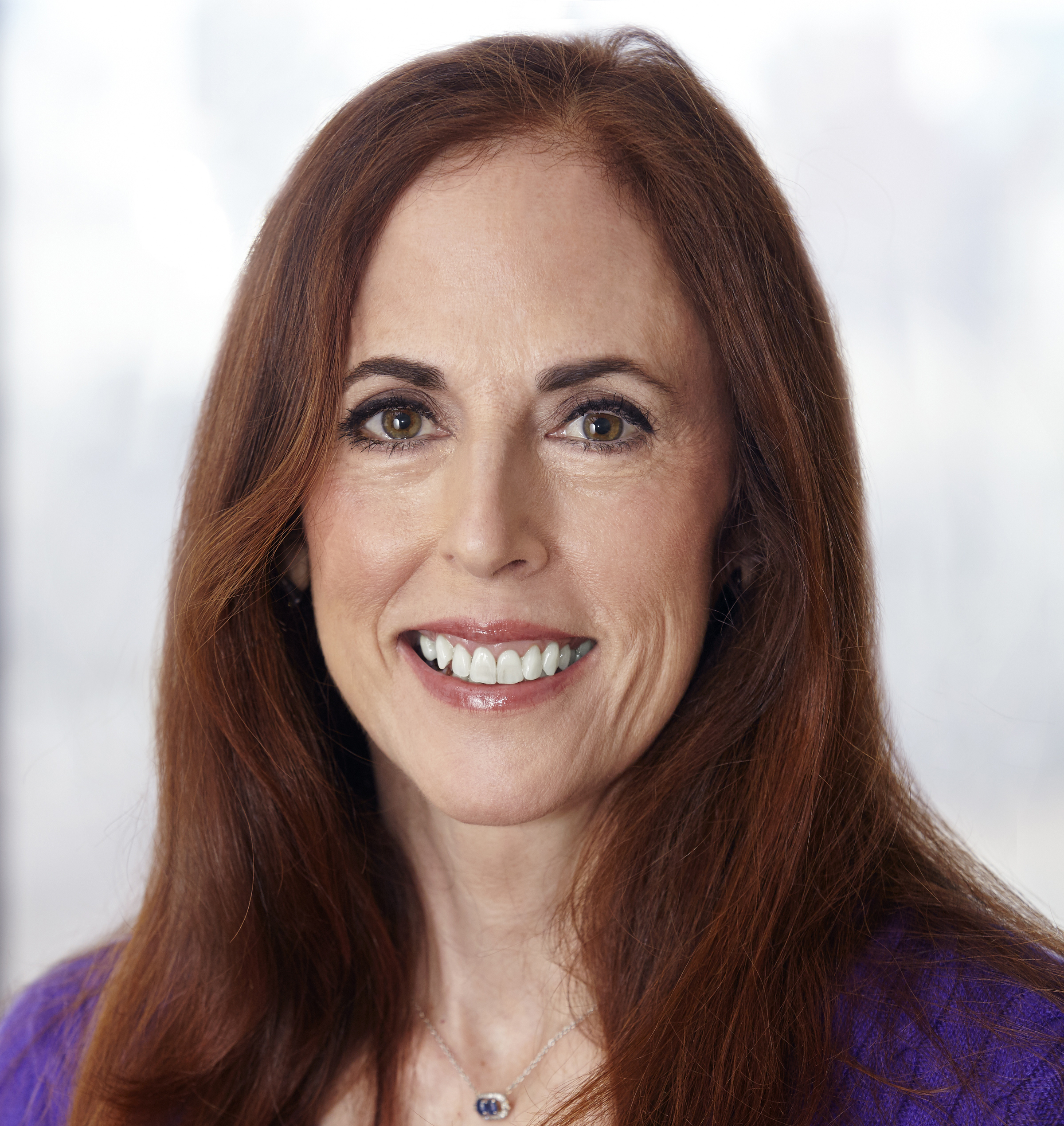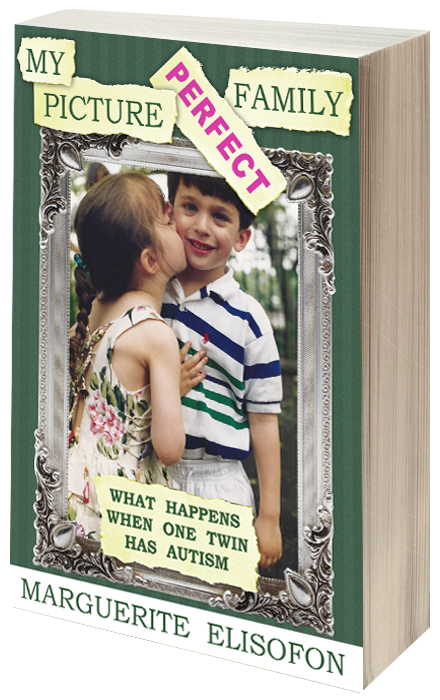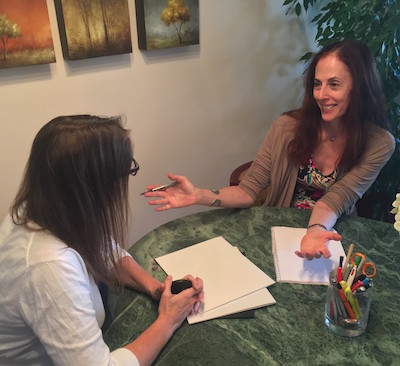 In the wake of all the female celebrities, non-celebrities and journalists who have suffered from sexual harassment and/or assault, no one has mentioned (or perhaps even considered) women on the autism spectrum. As the parent of a daughter on the spectrum, I believe that MOST women with autism have been raped or sexually assaulted. What makes me so sure? As far as I know, there are no research studies or statistics to support my opinion and even if there were, females with limited verbal ability would most likely find it impossible to talk about such a difficult emotional experience. However, among women with higher functioning autism, I’ve learned through word of mouth at multiple autism conferences, that every single female on the spectrum has experienced sexual assault at some point in her life.
In the wake of all the female celebrities, non-celebrities and journalists who have suffered from sexual harassment and/or assault, no one has mentioned (or perhaps even considered) women on the autism spectrum. As the parent of a daughter on the spectrum, I believe that MOST women with autism have been raped or sexually assaulted. What makes me so sure? As far as I know, there are no research studies or statistics to support my opinion and even if there were, females with limited verbal ability would most likely find it impossible to talk about such a difficult emotional experience. However, among women with higher functioning autism, I’ve learned through word of mouth at multiple autism conferences, that every single female on the spectrum has experienced sexual assault at some point in her life.
For my daughter, Samantha, the assault happened during her freshman year—at a college where 100% of the student population suffered from learning disabilities and 80% were male. A perfect storm, right? Considering that rape and sexual assault are a big problem for colleges and universities with neurotypical students—including Columbia and other Ivy League campuses— it doesn’t seem far-fetched to imagine that young women on the spectrum are likely to suffer harassment and assault. If neurotypical students have trouble deciphering non-verbal dating and sexual cues, young women with autism find it exponentially more difficult to navigate those tricky minefields. Even if a young woman with autism is capable of understanding “no means no,” it may take her too long to process her emotional and physical experience in the moment to respond as quickly and decisively as necessary to avoid being over-powered. (It’s not so easy for any young woman to do that.) Add in the fact that an amorous male with autism or some other disability may also have trouble interpreting AND accepting “no” in the heat of the moment, and you have a very dangerous situation for all involved.
Obviously, all autism parents want to prevent their children from being either the perpetrator or the victim of sexual assault. The big question is: how do we keep our especially vulnerable adolescents and young adults safe—in the world and with each other? The truth is that no matter how many possible scenarios we role play for our kids, there will always be something we can’t foresee. Young people on the spectrum tend to think in concrete ways, and they are often unable to apply what they learn from one situation to the next one which may be slightly different.. Even if our daughters don’t consume alcohol or take illegal drugs, they may not recognize that their date is drunk and out of control before it’s too late. Or consider what could happen in college if your daughter is sleeping and her new roommate (also disabled) innocently obeys a predator’s instructions leave the room? There’s a scenario I NEVER could have imagined or prepared for in advance.
One solution to the issue of sexual assault in the autism community is to provide kids on the spectrum with an ethical sex education that includes understanding the importance of body boundaries before puberty. There should be plenty of repetition, with complicated sex and gender issues broken down and taught in small and manageable pieces as much as possible. Parents should seek out sex education videos, books and opportunities to role-play. Over-simplifying is better than skipping over difficult topics. (You can always add more detail later.) Answers to questions about sex and gender appropriate behavior will inevitably depend on a parent’s own upbringing and on the personality of each individual child on the spectrum. Should a young woman go to her date’s apartment or dorm room, and if so, when? If a young man invites his date to come to his home, what does he expect? How much discussion over romantic expectations should occur BEFORE a couple begins a sexual relationship? Obviously, a lot will depend on age and level of experience. As always, parents will make judgement calls and so will their young adult children on the spectrum. These judgement calls are inevitably imperfect (just like judgment calls in neurotypical families), but autism families must be extra vigilant with both their sons and daughters.
Perhaps the idea that over 80% of young adults on the autism spectrum are unemployed blinds most people from seeing (or even caring?) that disabled individuals are far more vulnerable to sexual assault and harassment than neurotypical workers. While it’s true that my daughter Samantha is unlikely to encounter a Harvey Weinstein (even as an aspiring actress), she is at much greater risk from unemployed males with disabilities—in addition to being more susceptible to the sick neurotypical predators who target the most vulnerable among us.
Thanks to the long-overdue media exposure of sexual predators in Hollywood and television, I figured this was the right moment to shine a light on the huge (and growing!) population of the still silent and mostly invisible autism demographic. Articles are already be written about how autism families can protect their young kids—and grown-up kids—from sexual predators. Check out this site for a start: https://www.autismsexeducation.com/books
Of course, sexual predators are not our only worry. We must also protect our kids from the far more numerous financial predators in the world. But that’s another blog (and series of how-to books). Stay tuned.





 Marguerite Elisofon is a New York City writer and the author of My Picture Perfect Family, a memoir about how her family navigated life with a child on the autistic spectrum before the internet and support groups existed. She also blogs about parenting young adults and disability related issues in The Never Empty Nest. Her writing has been featured in a variety of publications, including Time and NY Metro Parents magazine, and her family’s story has been featured by the NY Post, Fox News, The Daily Mail, and on Jenny McCarthy’s Dirty Sexy Funny radio show. A Vassar graduate, Marguerite was born and raised in New York City, where she still lives with her husband, Howard, in their mostly-empty nest. She is available to speak about a wide variety of issues relating to twins, parenting, and autism.
Marguerite Elisofon is a New York City writer and the author of My Picture Perfect Family, a memoir about how her family navigated life with a child on the autistic spectrum before the internet and support groups existed. She also blogs about parenting young adults and disability related issues in The Never Empty Nest. Her writing has been featured in a variety of publications, including Time and NY Metro Parents magazine, and her family’s story has been featured by the NY Post, Fox News, The Daily Mail, and on Jenny McCarthy’s Dirty Sexy Funny radio show. A Vassar graduate, Marguerite was born and raised in New York City, where she still lives with her husband, Howard, in their mostly-empty nest. She is available to speak about a wide variety of issues relating to twins, parenting, and autism. 
Here is a link to a curriculum designed to teach individuals on the spectrum and/or with intellectual disabilities how to avoid abusive situations, especially those involving sexual abuse: https://www.tc.columbia.edu/oopd/escape-curriculum/